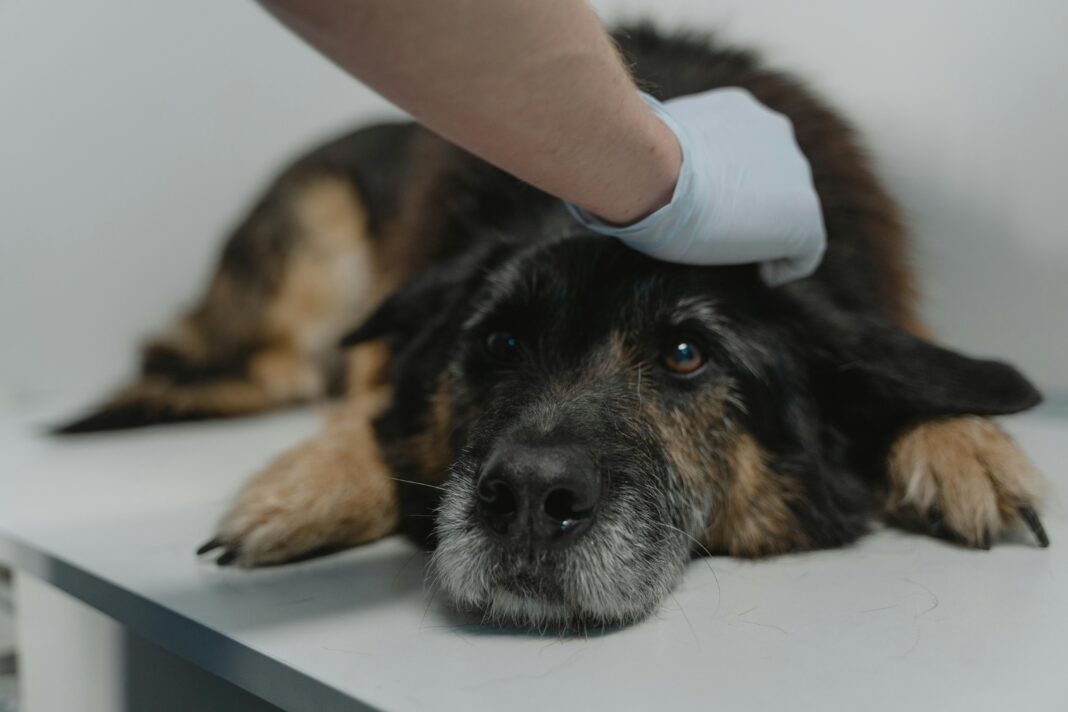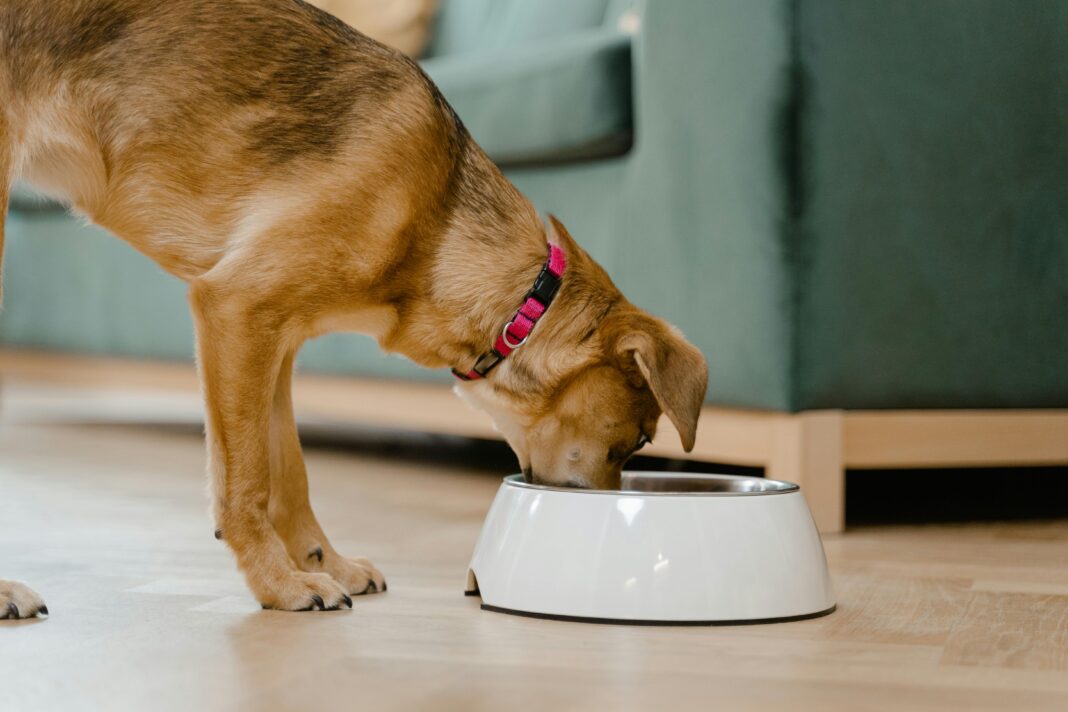As pet owners, we strive to keep our furry friends healthy and happy. One crucial aspect of pet health care that often goes unnoticed is vitamin deficiencies. Just like humans, pets can suffer from a lack of essential vitamins, which can lead to various health issues. This article aims to provide you with essential insights into recognizing and addressing vitamin deficiencies in pets to ensure optimal health.
Understanding Vitamin Deficiencies in Pets
What Are Vitamins and Why Are They Important?
Vitamins are organic compounds that animals require in small amounts for proper metabolic function. They play an integral role in processes such as vision, bone health, immune function, and skin health. A balanced diet rich in essential vitamins supports your pet’s overall wellbeing.
Common Types of Vitamins Deficiencies
-
- Vitamin A Deficiency: Responsible for vision and skin health, a deficiency can lead to poor eyesight and skin problems.
-
- Vitamin D Deficiency: Important for bone health, lack of Vitamin D can lead to rickets in pets.
-
- Vitamin E Deficiency: An antioxidant that helps protect cells, deficiency can result in muscle weakness and reproductive issues.
-
- Vitamin K Deficiency: Essential for blood clotting; a lack can lead to excessive bleeding.
Causes of Vitamin Deficiencies in Pets
Unbalanced Diet
One of the most common causes of vitamin deficiencies is an unbalanced diet. Pets on commercial kibble may not receive adequate nutrition if the food lacks key vitamins and minerals, particularly in homemade diets lacking variety.
Health Conditions
Chronic illnesses, gastrointestinal disorders, or conditions that interfere with nutrient absorption can lead to deficiencies. Conditions like pancreatitis or inflammatory bowel disease can prevent the effective absorption of vitamins.
Age and Lifestyle
Older pets may have different nutritional needs, making them more susceptible to deficiencies. Similarly, active pets or those recovering from illness may require higher vitamin intake to support their health.
Recognizing Symptoms of Vitamin Deficiencies
Being aware of the signs of vitamin deficiencies can help you act promptly. Here are some symptoms to look out for:
Change in Behavior
Lethargy, increased irritability, or a noticeable change in behavior can indicate health issues, including deficiencies.
Skin and Coat Issues
Dull, dry fur or skin irritations may suggest a lack of essential fatty acids or vitamins like A and E.
Digestive Problems
Vomiting, diarrhea, or a sudden change in appetite can signify dietary deficiencies.
Muscle Weakness or Joint Pain
If your pet seems to struggle with mobility or appears in pain while exercising, it could indicate a deficiency in Vitamin D or E.
Diagnosing Vitamin Deficiencies
Veterinary Consultation
If you suspect your pet may have a vitamin deficiency, a visit to the veterinarian is crucial. They can conduct blood tests to determine vitamin levels and identify specific deficiencies.
Dietary Assessment
Your vet will likely assess your pet’s diet to ascertain whether they are receiving adequate nutrition. They may evaluate the ingredients in commercial pet food or scrutinize homemade diets for imbalances.
Treating Vitamin Deficiencies
Dietary Adjustments
One of the primary treatments for vitamin deficiencies is adjusting your pet’s diet. This may involve:
-
- Switching to a High-Quality Commercial Food: Choose a brand that meets AAFCO (Association of American Feed Control Officials) standards and contains complete nutrition.
-
- Adding Supplements: Your veterinarian may recommend specific vitamin supplements to address deficiencies.
Medical Treatment
In some cases, particularly severe deficiencies may require medical treatment. Your veterinarian might prescribe injections or oral supplements as necessary.
Preventing Vitamin Deficiencies
Balanced Diet
The best prevention is ensuring your pet receives a well-rounded diet. This should include:
-
- Commercial Pet Food: Select high-quality foods tailored to your pet’s life stage, size, and health status.
-
- Natural Foods: Incorporate safe fruits and vegetables. For example, carrots and sweet potatoes can be excellent sources of beta-carotene (a form of Vitamin A).
Regular Veterinary Check-ups
Regular vet visits can help monitor your pet’s health and nutritional status, allowing for timely interventions before deficiencies develop.
Special Attention for Aging Pets
Older pets often require specialized diets. Consider discussing age-appropriate food options with your vet to address their changing nutritional needs.
Awareness of Seasonal Changes
During certain seasons, like winter, pets may benefit from additional vitamins to support their immune system. Always tailor their diet according to their lifestyle and the environment.
Practical Tips for Pet Owners
-
- Educate Yourself: Understand the specific nutritional needs of your pet’s breed, size, and life stage.
-
- Read Labels: When choosing commercial pet foods, ensure the ingredients list includes quality proteins and essential vitamins.
-
- Consult Your Vet: Periodically review your pet’s health and dietary requirements with your veterinarian, especially if you notice any changes in behavior or health.
-
- Monitor Changes: Keep a close eye on your pet’s coat, energy levels, and overall behavior. Promptly address any concerns with your vet.
By recognizing the signs and symptoms of vitamin deficiencies early and taking proactive measures, you can significantly improve your pet’s health and quality of life.





